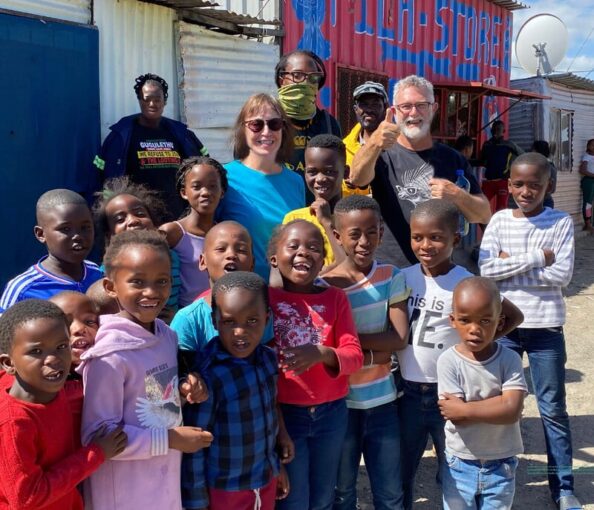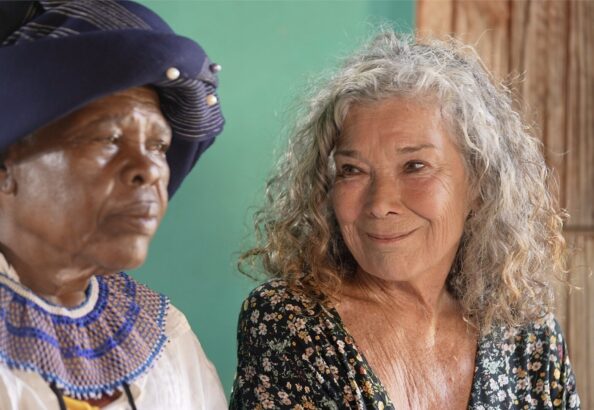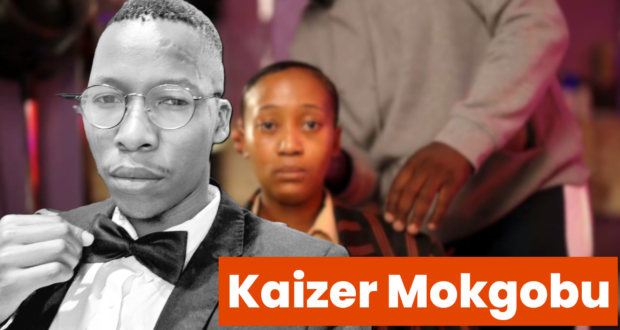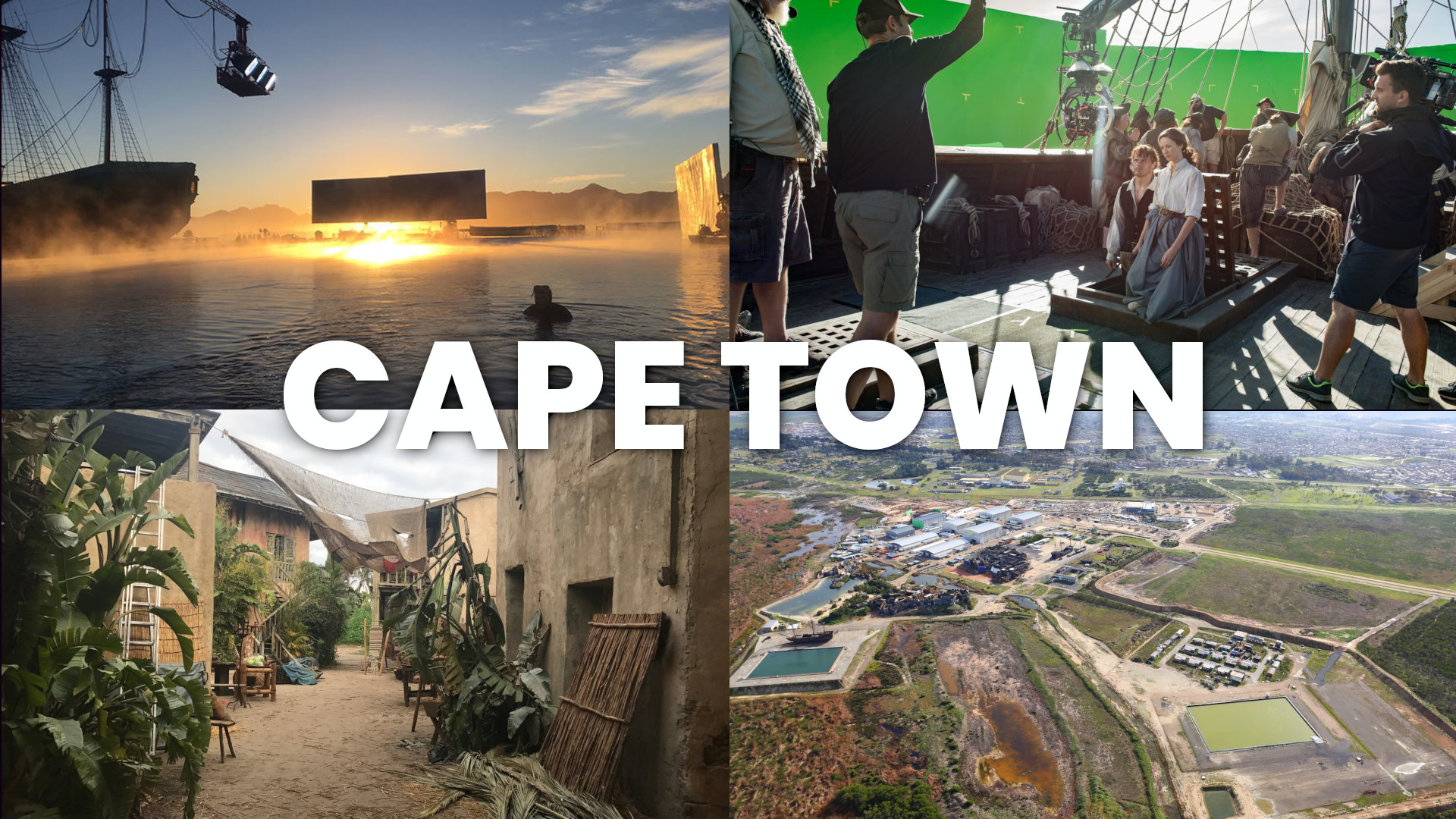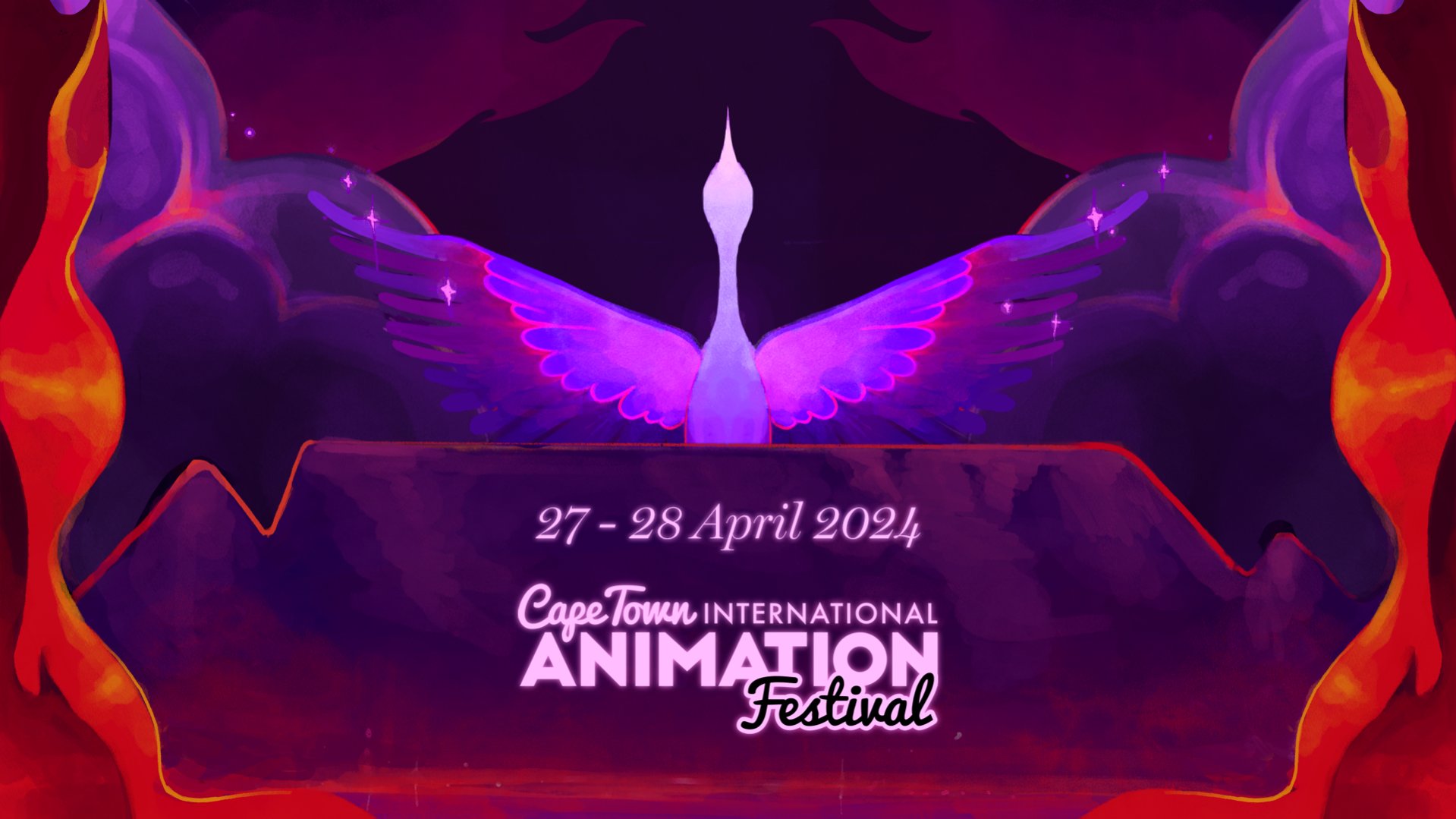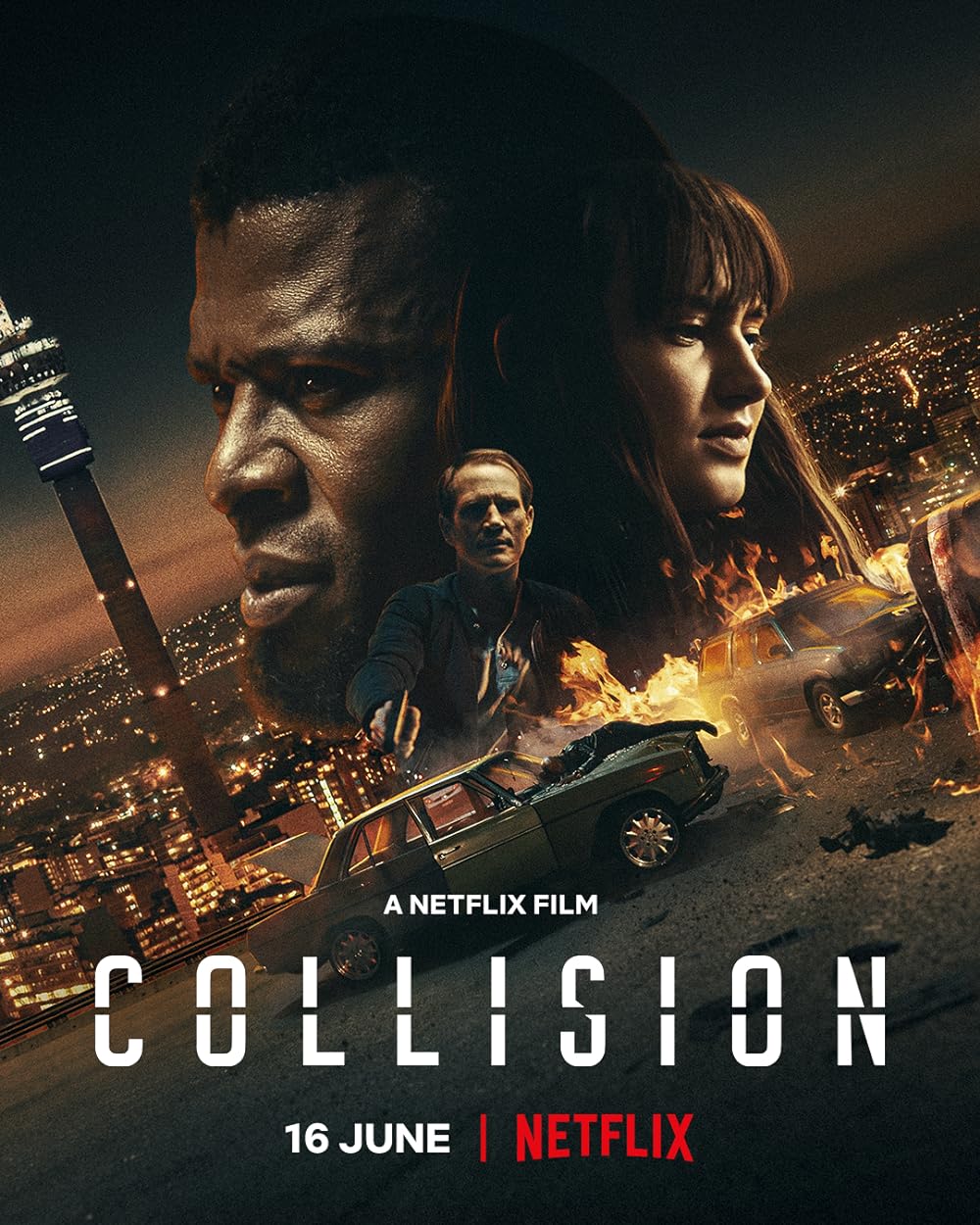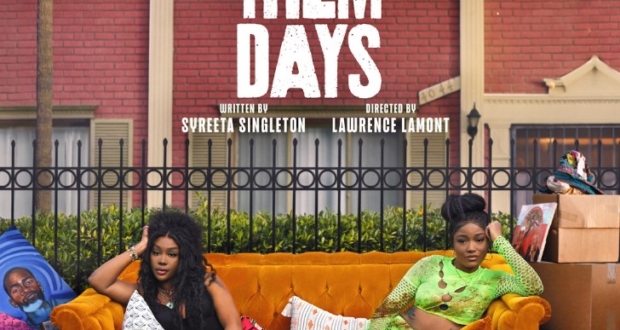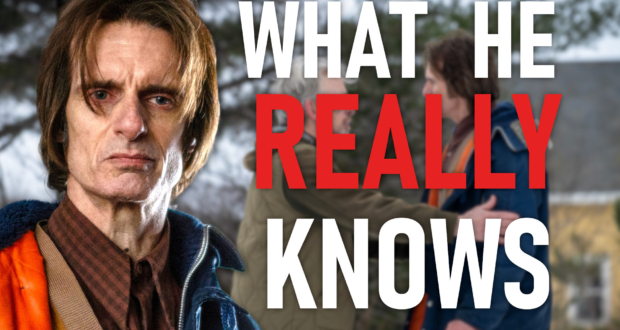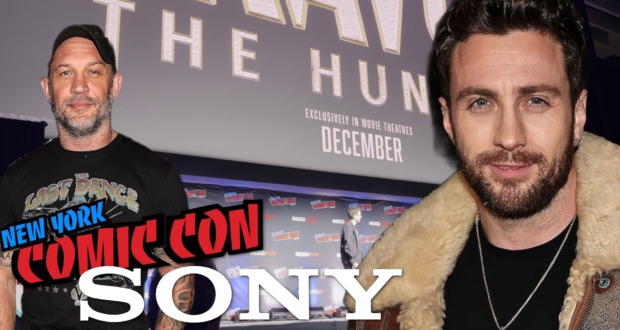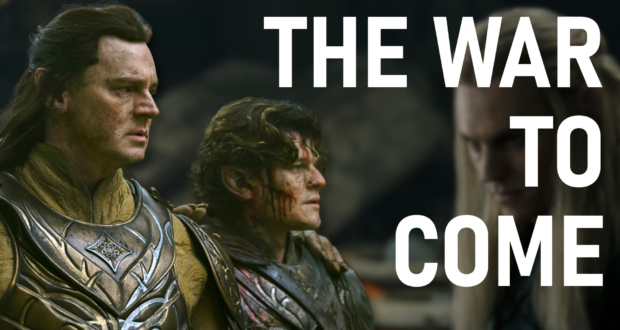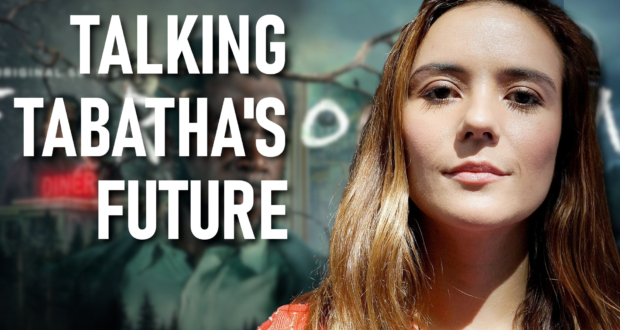Phyllis MacBryde is a passionate filmmaker driven to share the stories of underrepresented voices. Her current project sheds light on the remarkable Xhosa women of South Africa. This interview dives into her creative process, the challenges of independent filmmaking, and the power of film to ignite social change.
MacBryde initially envisioned a scripted feature film about the Xhosa women. However, her encounter with the “Cocoa women” performing, a group the Xhosa women are affiliated with, sparked a shift in her approach. Recognizing the strength of their individual stories, she decided to create a documentary. This choice highlights MacBryde’s commitment to authenticity and empowers the Xhosa women to share their experiences in their own voices.
Championing Representation
 Throughout the interview, MacBryde emphasizes the importance of portraying the Xhosa women as individuals, not stereotypes. She underscores the need for audiences to connect with them on a personal level. This focus on human connection dismantles generalizations and fosters empathy for the characters.
Throughout the interview, MacBryde emphasizes the importance of portraying the Xhosa women as individuals, not stereotypes. She underscores the need for audiences to connect with them on a personal level. This focus on human connection dismantles generalizations and fosters empathy for the characters.
MacBryde sheds light on the challenges faced by Black South African artists in the arts and film industry. she mentions Mamela Nyamza, an acclaimed dancer/choreographer who has enjoyed an international career, yet struggles to find opportunities in her own country. This conversation underscores the need for more diverse representation not just in front of the camera, but behind the scenes as well.
A Calling, Not a Career
MacBryde describes her filmmaking journey as a calling. Despite the difficulties involved, she feels compelled to share these stories and showcase the immense talent in South Africa. This unwavering passion is a cornerstone of independent filmmaking, where creators often rely on personal drive to overcome financial and logistical hurdles.
The interview reveals the significant challenges of fundraising for independent films. MacBryde mentions using crowdfunding and credit cards to finance her project. Marketing costs pose an even greater hurdle. Her resourcefulness serves as an inspiration for aspiring filmmakers, demonstrating that powerful stories can be told even with limited resources.
A Hybrid Approach for Storytelling
MacBryde discusses her “hybrid” filmmaking approach. The film incorporates scripted scenes with documentary footage. This technique allows her to showcase the individual stories of the Xhosa women while staying true to her initial vision for a feature film. It also serves as a proof of concept to secure production funding for a full-length documentary.
MacBryde envisions creating a full-length documentary based on the screenplay she already has written. The current film serves as a stepping stone to secure production funding and showcase the potential of the project. Her dedication to this long-term vision exemplifies the perseverance required to bring independent films to life.
Full Interview:
Thank you so much. We are speaking with Phyllis McBride on April 15th out here at Chelsea Piers. We’re speaking with you about your film experience and specifically your experiences creating films in South Africa. You were able to share your wonderful short film with me. I’m curious if you could tell us a bit more about the Xhosa women of South Africa and what sparked your interest in creating films about them?
Phyllis MacBryde: It wasn’t that I was interested in creating films about them; it was that, to repeat my earlier statement, I began on a journey when Mandela was coming out of prison. I think the only knowledge I had of him was seeing the “60 Minutes” programs about Winnie Mandela going to visit him in prison, and she would wait a year and how long it would take her to get there, and she had like 10 minutes. I didn’t know anything about it. At that point, I was working out of town. I had either just started preparation or had finished shooting a documentary concert film on Branford Marsalis and I just wanted to know more. I happened to have some neighbors who had had a South African exchange student, and they had all these wonderful out-of-print books from the 1950s and 1960s. I started reading them for information—I read about 30 of their books. The idea came to me of writing a story about a little South African girl coming of age in post-World War II Harlem. It would tell about her journey, her background, and it would also give an introduction or a child’s eye view of the founders of modern jazz through a child’s eyes. The reason for that is because when I made the film on Branford Marsalis, university students hearing him didn’t know who Dizzy Gillespie was; they didn’t know who Miles Davis was. They’d heard of Quincy Jones, which I was glad to know, but they didn’t know the difference between a soprano saxophone and a regular saxophone. Those were the two things that really set me on this path.
That’s quite a journey. What led you to be a finalist for the Academy’s Nicholl Fellowship?
Phyllis MacBryde: I’ve written several iterations of the screenplay, and as I was telling you earlier, each step you think you’re finished, but no, there’s always more work. My early screenplay was chosen by the Academy of Motion Picture Arts and Sciences board of directors as a finalist for the Nicholl Fellowship, which is a screenwriting competition. That year, there were about 5,000 entries, and I was one of ten finalists. I was flown to Hollywood and put up at the Beverly Hilton by the Academy of Motion Pictures. We had daily meetings in the Academy building with producers, directors, and agents. It was a wonderful experience. At that time, I got an agent immediately, but the only company that was really interested was Quincy Jones’s company because Hollywood wasn’t making black movies at that time. When I met with Quincy Jones’s company, they had a production office on the Warner Brothers lot. Quincy Jones’ head of production was telling me about films they were going to make, and the production company was discussing a movie about a pimp. My husband was with me, and I was dressed as someone from New York would dress for a meeting, in a suit. They kept asking where I was staying, and they seemed interested in figuring out who I was or how much money I had.
That must have been quite the experience. What happened after that?
Phyllis MacBryde: It was quite an interesting experience. The first thing Quincy Jones head of production said to me was, “This is an intelligent script, isn’t it?” I said, “Yeah, I hope so.” When I got back to New York, he started calling me, asking for changes. I told him, “You’re supposed to be talking to my agent.” My agent knew I had started a novel and was halfway through. When I didn’t finish it in two weeks, she dropped me, which was a relief because she didn’t get along with the head of production for Quincy Jones’s company either. It took me a while to write the novel. I wanted to write it because screenplays require a lot of economy, and I wanted to include more cultural and historical information. Even in the book, I had to cut down a lot. Writing about music is difficult. You have to find ways to describe jazz performances, and it takes a lot of skill.
This seems like a lot of effort. What were the other steps in your journey?
Phyllis MacBryde: Along with the novel, I also wrote a screenplay called “Creating Zinzi” for two stars, about a white playwright defying a high-powered black Broadway producer. She inadvertently gave her a grant for a musical’s development without knowing the playwright was white. When the playwright meets the producer, there’s a misunderstanding, and she sends her aspirin and a contract, but she doesn’t know the playwright is going to South Africa with a crowdfunded project. The opening and final scenes of my documentary were scripted, and Ngqoko women were told in advance that they would be asked about all the places they played, including the Kennedy Center in Washington, D.C., the National Theatre in London, and Theatre du Châtelet in Paris.
Thank you for sharing all this. Given your experience working with the Xhosa women, what kind of impact do you hope your projects will have on audiences in South Africa and around the world?
Phyllis MacBryde: I hope to create understanding and bring people together. Our world is divided in many ways, by culture, race, or other factors. Films can help bridge these divides by showing relatable individuals and telling compelling stories. In my films, everyone has a voice, and it’s important to let the women speak for themselves. I hope to build a connection between people and show them that we’re more alike than we are different. By doing this, I hope to foster a sense of unity and inspire others to see each other as human, regardless of background.
What challenges have you faced in capturing the essence of the Xhosa women?
Phyllis MacBryde: The key is to let action speak and capture the natural flow. I had to build trust, especially with the patriarchal environment, as some people thought it was their movie and not mine. When working with Mamela, she was nervous and wondered if she had to memorize the script. It was all about creating an environment where they felt comfortable and could express themselves freely. I also learned about cultural practices, like the Xhosa gesture of respect for greeting elders. We tried to keep it real, not acting, but truly capturing the spirit of the community.
It’s inspiring to hear about your approach. What advice do you have for other filmmakers who are considering bringing their international productions to South Africa or making productions about South Africa?
Phyllis MacBryde: If you’re going to shoot in South Africa, use local crews and talent. They are skilled and understand the culture, helping you navigate the system. It’s also about respecting local customs and being flexible. If you want to shoot a film that can change your life, focus on telling stories that are worth your time and the audience’s time, even if it’s a comedy. Make films that matter and can bridge cultural divides.
Thank you so much for sharing your insights, Phyllis. It’s been a pleasure talking to you.
Phyllis MacBryde’s story is more than just a glimpse into independent filmmaking. It’s a call to action to celebrate underrepresented voices, challenge industry norms, and harness the power of film to spark social change. Her work reminds us that even the most compelling stories can begin with a single conversation, a chance encounter, and a filmmaker with a determined spirit.

